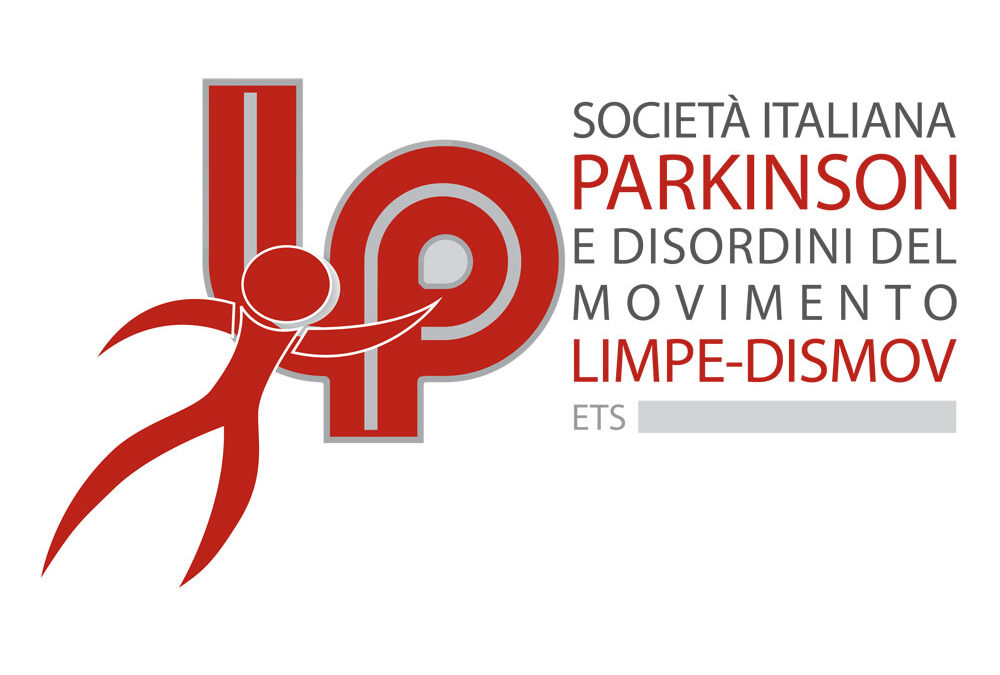
by cristiano | Oct 17, 2018
Although the first line of intervention in Parkinson’s disease is pharmacological, recent evidence has shown that multidisciplinary therapy using non-drug approaches can improve the symptoms of the disease or even slow its progression. These include regular...

by cristiano | Oct 17, 2018
According to recent evidence, therapy with anti-Parkinsonian drugs is inappropriately discontinued or modified in a large percentage (up to 75%) of patients with Parkinson’s disease who are admitted to emergency or non-neurological hospital wards. This is one of...

by cristiano | Oct 17, 2018
Levodopa prescription as a drug treatment in Parkinson’s disease is often delayed in favour of other drug categories (such as dopamine agonists) due to concerns about the risk of drug-induced motor complications or levodopa toxicity. However, recent evidence has...

by cristiano | Oct 17, 2018
People with Parkinson’s disease may require medication for other reasons. Their general practitioner should therefore be careful to consider any prescriptions from other specialists for drugs that may worsen certain motor and non-motor symptoms of the disease....

by cristiano | Oct 17, 2018
The finding of a positive brain SPECT (single photon emission tomography) scan with dopamine transporter marker (DAT-SCAN) does not establish a diagnosis of Parkinson’s disease, which is instead based on the presence of clinical elements that meet the current...








Recent Comments